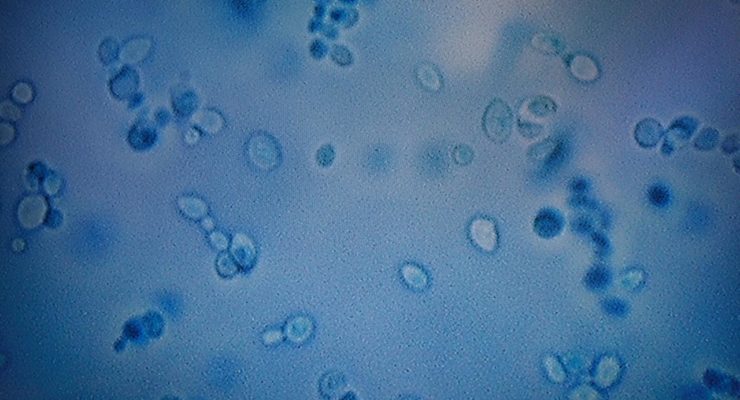(Humans Are Free) Now that contact tracing is underway around the world, data is beginning to make it clear how this virus spreads. BUT, according to the WHO, those transmitting the virus from person to person are those who have the virus and are showing symptoms, not asymptomatic people.
disease
Study: Social Isolation Increases Risk of Death From All Causes
(HAF) Social isolation is a word on the tip of everyone’s tongues these days. Staying away from others during this pandemic is keeping us safe, but a new study finds that prolonged social isolation is also quite dangerous.
Oops: 1 in 5 People Misdiagnosed with Multiple Sclerosis
(Edsel Cook) Multiple sclerosis is scary enough on its own, especially since it is expensive and painful to treat. But a new study warns that one out of every five patients diagnosed with the disease has a different medical condition that shares the same symptoms.
Scientists Have Proven That Negativity Literally Makes Cancer Grow Inside The Body
(Dr. Leonard Coldwell) Everybody feels negative emotions once in a while, but these emotions have a stronger effect on your health than you may realize. Every time you think about regrets, experience resentment or replay bad memories in your head, your body suffers just as much as your mind. That’s why harboring negative emotions can lead to devastating long-term disease.
Mysterious Drug-Resistant Germ Deemed An “Urgent Threat” Is Quietly Sweeping The Globe
(Zero Hedge) Thanks to the overprescription of antimicrobial drugs and use of antifungicides in crop production, a relatively new germ that preys on people with weakened immune systems is rapidly spreading across the globe, according to the New York Times.
Here’s Proof That It’s Actually Vaccinated People Who Are Spreading Communicable Disease
(Ethan Huff) A 2016 report by Kaiser Health News revealed what many vaccine truth advocates have been saying for years: Vaccines and the people who get them are carriers and spreaders of the disease, putting the rest of the population at very high risk.
Allergies and Vaccine Connection | Are You Allergic to Peanuts, Dairy, Latex, Msg, Mercury or Infected African Green Monkey Kidney Cells? Then Reconsider What’s in Vaccines
(S.D. Wells) The basic fundamental concept of how a vaccine works is homeopathy based, thus treating disease by minute doses of natural substances that, in a healthy person, produce the symptoms of disease. There’s one massive problem with inoculations in this regard. Today’s immunizations not only contain some natural ingredients, but they also contain the most bizarre, untested, dangerous combinations of disease strains, bacteria, E. coli, salmonella, synthetics, emulsifiers, heavy metal toxins, genetically modified bacteria, pathogens, parasites, fungi and yes, blood from other humans.
Retroviruses Contaminate the World’s Vaccine Supply for Pets & Humans, Research Suggests
(Edward Morgan) Could the ballooning rate of sick pets, and a burgeoning multi-billion dollar veterinary industry, relate to the immunocompromising role of feline retrovirus-contaminated vaccines given to millions of animals around the world?
Strict Eating and Fasting Schedule Cleans the Blood: Study Finds It Could Clear out Proteins That Cause Huntington’s Disease
(Tracey Watson) Huntington’s disease is a progressive genetic condition that affects the brain and causes involuntary jerking and twitching movements, emotional problems like depression and irritability, coordination problems, and trouble learning new things or making decisions. The condition is usually diagnosed when somebody is in their 30s or 40s – though in rare instances a juvenile form can be diagnosed during childhood or adolescence – and patients generally live no longer than 20 years after diagnosis. There is no treatment or cure for Huntington’s, though there are medications to manage some of the symptoms like the involuntary movements.








